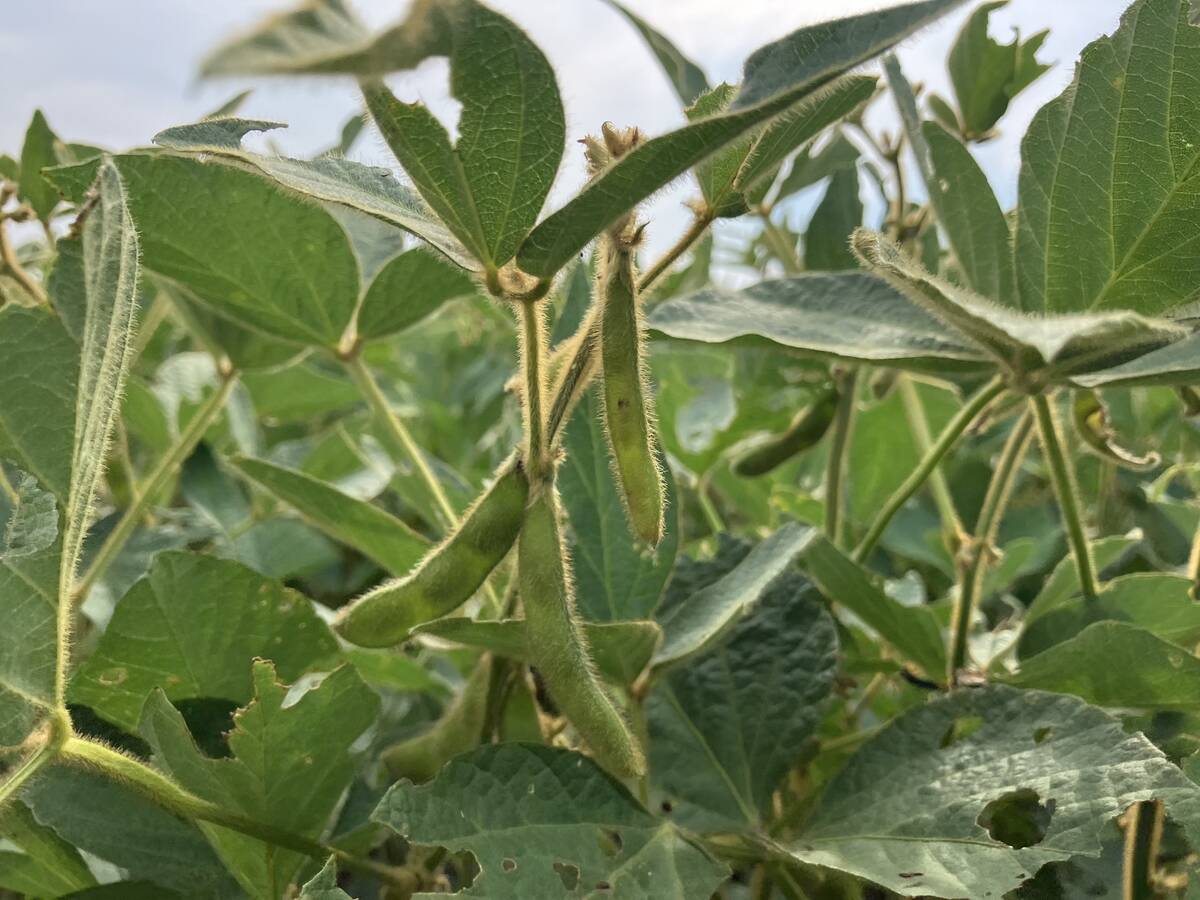A group of Prairie producer groups say the proposed merger between Bunge and Viterra is likely to cause substantial economic harm to farmers.
“The proposed merger brings to the forefront concerns about market concentration and its potential ripple effects on grain producers” said Tara Sawyer, chair of Alberta Grains in a news release today.
“Competition in the grain sector will directly influence concerns producers have raised regarding transparent, consistent, and efficient delivery contracts and market information.”
Read Also

Huge crops in South America says analyst
Although there’s a debate over the size of the South American soybean crop, there’s little doubt that it will be an enormous one, said consultant Michael Cordonnier of Soybean and Corn Advisor in Hinsdale, Ill.
Early last week, Canada’s Competition Bureau said the proposed merger was “likely to result in substantial anti-competitive effects;” and would likely harm grain markets in the west and canola oil markets in the east.
The groups supported their concerns with a report from University of Saskatchewan researchers Richard Gray, James Nolan and Peter Slade. That report was funded by the Agricultural Producers Association of Saskatchewan (APAS), Alberta Grains, SaskBarley and Sask Wheat.
The researchers found that if the merger went forward as planned, the Bunge-Viterra conglomerate would control more than 45 per cent of grain export capacity at the Port of Vancouver. This, they estimated, would increase the price charged for export services by more than 15 per cent and would result in approximately $10-11 billion in loss for Western Canadian grain producers.
The study also found the merger would reduce the economic incentive to build a canola crush facility at Regina. If it was not built, industry crush margins would increase by 16 per cent. If the Regina facility is built, Bunge-Viterra would control 37 per cent of crush capacity.
“This concentration of market shares would increase canola crush margins by 10 per cent … leading to a non-transitory decrease in farm receipts,” the report says.
The total loss would be between $4 billion and $6.5 billion, researchers said.
The merger would have minimal effect on elevator concentration, the researchers found. They found only two small areas where producers would have only one elevator within a 100 km radius.
“However, the calculation … revealed surprising levels of spatial market concentration in elevation, in many cases
made considerably worse by the proposed merger,” the researchers said.
They calculated producer losses of $30 million to $45 million per year.
The groups “strongly urge the Federal Government to consider the impact of the proposed merger on the profitability and sustainability of farmers,” the news release said.
The next steps are for the government to identify any overlapping concerns related to competition and transportation and ask the companies to address them, according to the Competition Bureau’s report.
The two companies, in response to the Competition Bureau’s report, said they were confident the transaction would “yield considerable benefits to Canada.”
















